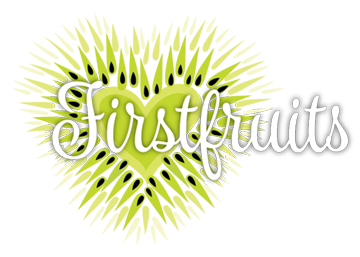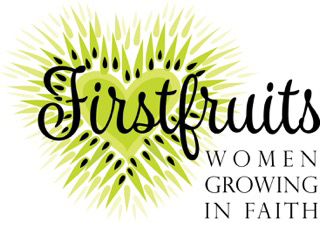
Best Waffles?
Some of my husband’s habits drive me crazy. And it has become more intense as his retirement doesn’t seem to go away. I don’t know what I was thinking but I guess I was in denial that retirement is a permanent position in life.
This week’s pet peeve… my husband’s favorite breakfast food is an Eggo. Yes, it’s true. In addition to Eggos not being the healthiest breakfast option, our grandson mentioned that he loves when Papa “makes” waffles. “He makes the best waffles.” I zipped my lip. But come on, why is it that I can slave away trying to come up with healthy meals and arrange the food on the plate to look like a face or some kind of fun animal and I never get acknowledged but Papa’s toaster creations are the talk of the town.
This is just one example of what I want to talk about this week. Just as the advertisements for those nasty waffles demand, I need to “Let go, my Eggos” or rather my ego.
My ego is behind a lot of the things that steal my peace, foster resentment, and fire up my anger. So many times my ego keeps me from thinking and acting the way I really want.
Wherever me goes, my egos! And it has been that way for as long as I can remember. I would love to let go of it, but it has always seemed impossible. Until now.
Last week I told you about the book I randomly came upon titled Growing in the Virtues of Jesus by Quentin Hakenewerth, SM. In it, the author talked about how we all are born with the potential to become the true person we are meant to be. We need to develop that true self and the blueprint for that is found in the virtues that are evident in the life of Jesus.
“But when we try to live out of our true self by the virtues of Jesus we immediately find that there is a false self established and operating. We call it our ego.”
This week I want to share with you some excerpts from the book relating to ego.
The start of any dismantling of our ego is awareness.
Our ego begins to form very early in our existence. We are not aware of what is happening in those first months or early years, but we are already building an “image” of who we are and of what makes us worthwhile. Without being able to put it into concepts, we sense when others are happy with us or irritated with us. We have a diffused experience of when others are proud or ashamed of us. All of this contributes to an image by which we live and measure our self-worth. After all, we all want to be accepted and feel worthwhile.
Our ego is largely unconscious; we are generally unaware of what it demands and how it is influencing us. That is why we have to become aware of it to put it aside. As Saint Paul says, “You should put away the old self of your former way of life …and put on the new self, created in God’s way.” (Eph 4:)
As habits of our ego diminish, the virtues of our true self can become strong.
So, what are some of the habits of your ego? Always needing to be right, never admitting a mistake, never apologizing, needing to be noticed and acknowledged, judging others, or needing to be heard. Just to name a few. Most of these characteristics center around how we attain and maintain our sense of self-worth.
Our lives can become an exhausting race to feed the beast of self-worth.
Ego is often used to mean the deep-seated feeling in me that somehow, I am the mainspring of my own worth. When we live out of our ego, we feel worthwhile only to the degree that we can attribute to ourselves-or get others to attribute to us-some achievement, merit, or credit. (Like making the best waffles in town.)
It’s burdensome to maintain our own ego. We must continually feed our ego to keep it satisfied. Unconsciously, we put subtle demands on others to build us up. You can see the kind of world the self-centered ego tends to foster. It is doomed for failure because it has no foundation in reality except its own needs.
But we tend to experience our ego as who we really are. Mistakenly we formed a sense of who we are that is often centered in a self-made image rather than the image in which we were created. Saint John tells us that if we do not build our life in God and develop our true self we naturally turn to the “world” as our reference. (1John 2:15)
When we let the world determine our self-worth and tell us who we should be, we end up in a lot of trouble. Our work and our freedom is in letting God show us who we are to be and how we are to live and to do it. And who better to follow than the one who made us in the first place. His design for us is attainable because it’s already in us. The world’s design can never be realized. It’s futile to try. We all know that feeling.
This week we learned that awareness is the first step to dismantling the ego. In the next blog we’ll look at the first step to living our true self modeling the virtues of Jesus, and that is silencing. And the first thing we need to silence … our words.
Does that include criticizing your husband?
Stay tuned,
Joan
No Comments
Sorry, the comment form is closed at this time.



